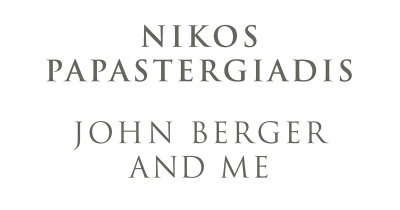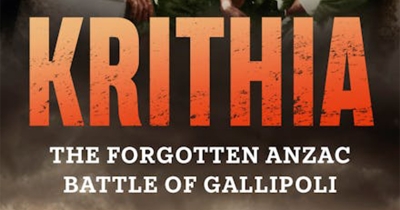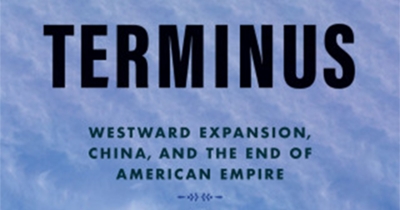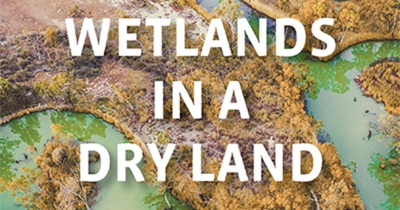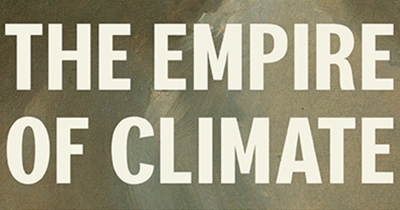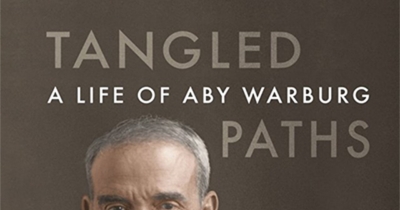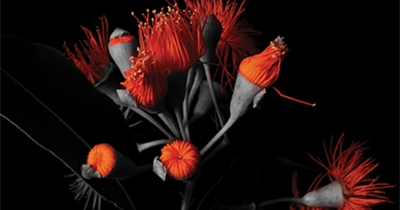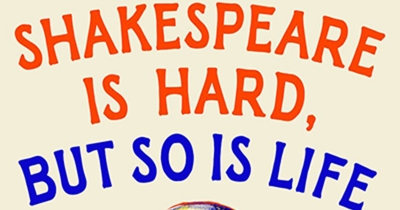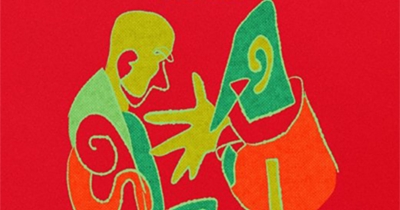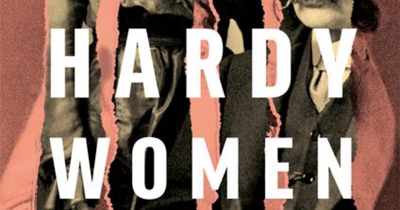Review
John Berger and Me: A migrant’s eye by Nikos Papastergiadis
by Giacomo Bianchino •
Krithia: The forgotten Anzac battle of Gallipoli by Mat McLachlan
by Robin Prior •
Terminus: Westward expansion, China, and the end of the American empire by Stuart Rollo
by Geoff Raby •
Wetlands in a Dry Land: More-than-human histories of Australia’s Murray-Darling Basin by Emily O’Gorman
by Harrison Croft •
The Empire of Climate: A history of an idea by David N. Livingstone
by Ruth A. Morgan •
Telling Lives: The Seymour Biography Lecture 2005-2023 edited by Chris Wallace
by Richard Freadman •

